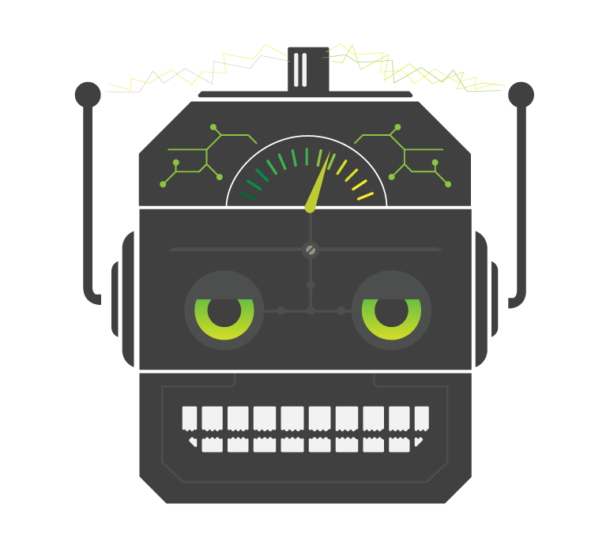DPL Reading List – August 7, 2015
Here are some of the articles we’ve been reading around this office this week.
Claire Lew at Big Omaha: “What goes unsaid hurts your company the most” (Thanks to Brian Zimmer for recommending this) – “Studies have shown that futility is 1.8 more times more powerful an obstacle to feedback than fear… The reason why people have ideas, suggestions, and feedback in the first place is because they want people to act on it.”
How Top Designers Connect with Patients (Thanks to Jarrod Wubbels for recommending this article) – “There are moments as a patient when you feel understood. It might be as routine as ordering a rushed prescription renewal through your smartphone on a busy day or as monumental as a team of clinicians working around the clock to ensure a safe and sound birth. These moments rarely happen by accident?—?they’re carefully designed by passionate people and supported by complex systems.”
What Japanese Etiquette Can Tell Us About Good UX Design – “Smart services and their clumsy proto-personalities are still new, which means they may benefit from some motenashi UX as users learn to become comfortable with them. In 10 years, maybe it won’t feel weird to have a software bot “know” you in unexpected ways. But as we stumble towards this scenario, we’ll probably need some sensitive hand-holding. Software may one day be our friend, like in the movie Her. But for now it’s probably better when it treats us as its guest.”
When Algorithms Discriminate (Thanks to Ben Reis for recommending this article) – “There is a widespread belief that software and algorithms that rely on data are objective. But software is not free of human influence. Algorithms are written and maintained by people, and machine learning algorithms adjust what they do based on people’s behavior. As a result, say researchers in computer science, ethics and law, algorithms can reinforce human prejudices.”
Google Translate’s App Now Instantly Translates Printed Text In 27 Languages (Thanks to Santi Murtagh for recommending this article) – “Google’s secret for the speed of instant translations, is its use of convolutional neural networks. It’s pretty rad stuff, and the explanation by Otavio Good, software engineer for Google Translate, is worth the full geeky read.”
How a Retirement Community is Embracing the Internet of Things (Thanks to Chris Apple for recommending this article) – “The combination of sensors, senior living and resulting analytics are an experiment worth watching as the population ages and few trained healthcare providers step up to care for them. The industry is trying to develop more housing for the 10,000 Boomers entering retirement age every day, but also high-tech solutions that can help mitigate this burden of providing care.”
How to Spend the First 10 Minutes of Your Day (Thanks to Jarrod Wubbels for recommending this article) – “Studies show that when it comes to goals, the more specific you are about what you’re trying to achieve, the better your chances of success. Having each step mapped out in advance will also minimize complex thinking later in the day and make procrastination less likely.”



